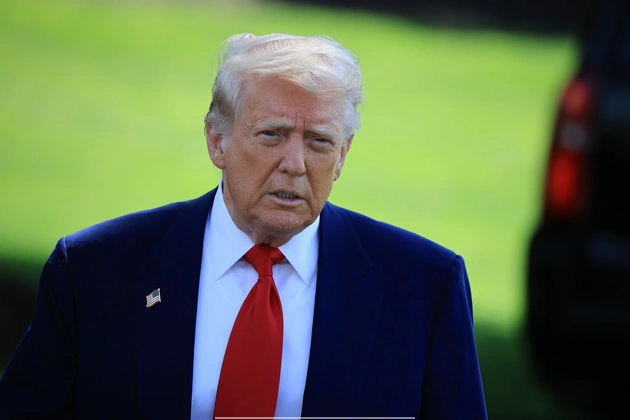
The Strategic Pivot
President Donald Trump’s recent pivot towards supporting Israel’s strike on Iran marks a significant shift in US foreign policy.
Trump had initially expressed a desire for continued negotiations with Tehran regarding its nuclear program. However, Israel’s decisive action prompted Trump to leverage the situation to advance his preferred outcome.
Supporting Allies
While acknowledging Israel’s sovereignty and the need for support as a key ally, Trump’s primary goal remained the resumption of negotiations with Iran.
Amidst varied opinions within his administration, Trump’s messaging aimed to reassure Israel, appeal to the hawkish faction of his coalition, and address concerns of isolationist supporters.
The Quest for Diplomacy
Despite escalating tensions and Iran’s retaliatory threats, Trump remained steadfast in his pursuit of a diplomatic solution. His public call for Iran to re-engage in negotiations underscored his commitment to avoiding further conflict.
Trump’s overture to Iran also served as a subtle message to Israel to exercise restraint, highlighting the delicate balancing act the administration was navigating.
US-Israel Dynamics
As details emerged about the planning and execution of Israel’s strike, Trump’s administration clarified the extent of US involvement, emphasizing a hands-off approach to the operation.
While Trump may have preferred a more extended negotiation period, the stalled talks and Iran’s perceived intransigence left him frustrated with the lack of progress.
Internal Divides
The Israeli strike accentuated internal divisions within the Trump administration, particularly between hawkish voices advocating for aggressive action against Iran and isolationist factions wary of entanglement in Middle East conflicts.
The potential for a broader conflict and its implications on Trump’s support base underscored the complex dynamics shaping US foreign policy decisions.
Future Implications
As the aftermath of Israel’s strike unfolds, the evolving US stance towards Iran and the broader Middle East region will be closely monitored. The delicate balance between diplomatic overtures and strategic alliances will continue to define US foreign policy under the Trump administration.











